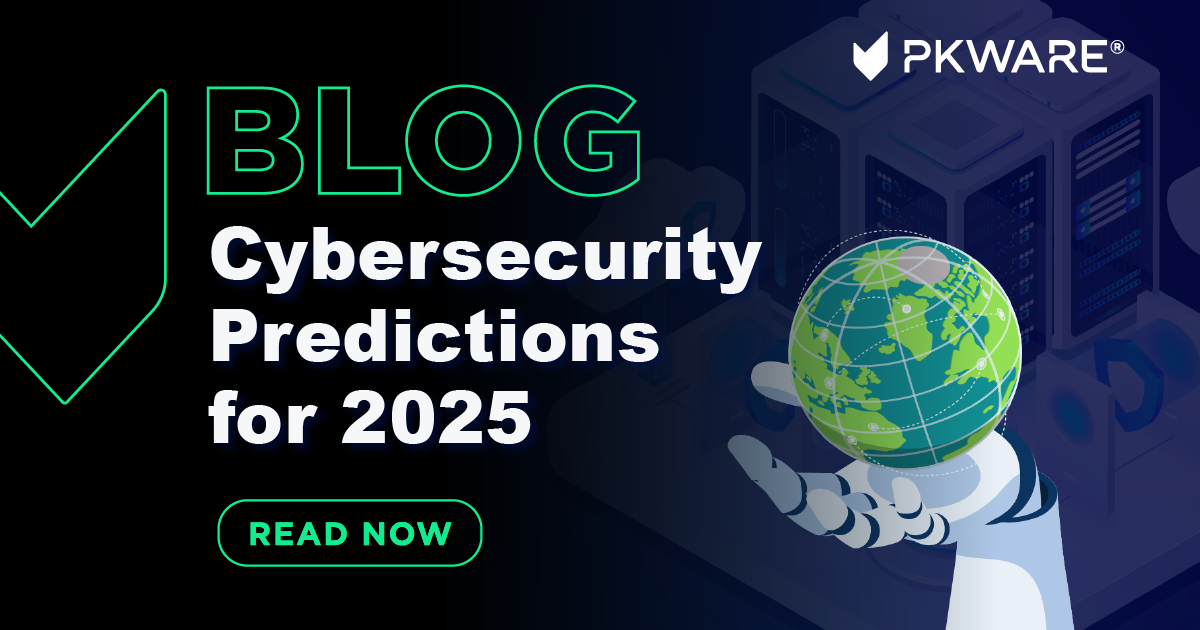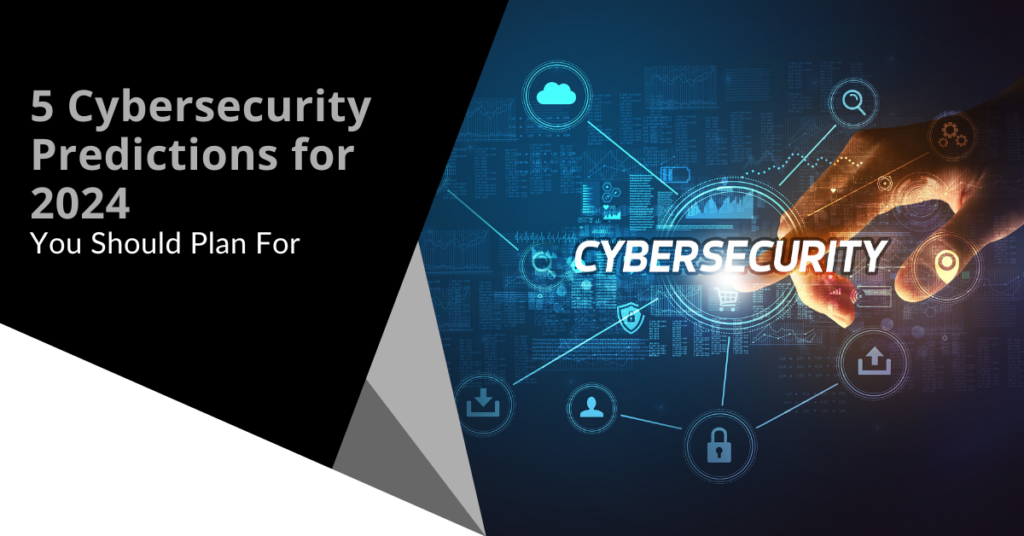Stay alert for the rise of Deepfake Social Engineering Attacks tricking users.
Stay alert for the rise of Deepfake Social Engineering Attacks tricking users.
Blog Article
The Next Frontier: Insightful Cybersecurity Forecasts for the Coming Year
As we come close to the new year, the cybersecurity landscape is on the edge of noteworthy improvement. Key variables such as the combination of innovative AI innovations, the unavoidable surge of sophisticated ransomware, and the firm of data personal privacy policies are forming the future of digital safety.
Rise of AI in Cybersecurity
In the swiftly progressing landscape of cybersecurity, the assimilation of synthetic knowledge (AI) is arising as a pivotal force in boosting threat detection and feedback capabilities. AI innovations, such as artificial intelligence algorithms and deep understanding models, are being significantly deployed to analyze vast amounts of data and determine patterns a measure of protection threats. 7 Cybersecurity Predictions for 2025. This allows organizations to proactively deal with vulnerabilities before they can be exploited
The rise of AI in cybersecurity is especially significant in its ability to automate regular jobs, enabling human analysts to focus on more intricate protection concerns. By leveraging AI, cybersecurity teams can decrease response times and boost the precision of danger evaluations. AI systems can adjust and find out from brand-new risks, continuously refining their discovery systems to stay in advance of harmful actors.
As cyber threats come to be a lot more sophisticated, the need for innovative services will certainly drive additional investment in AI modern technologies. This fad will likely result in the growth of improved safety and security devices that incorporate anticipating analytics and real-time monitoring, eventually fortifying business defenses. The transition in the direction of AI-powered cybersecurity solutions stands for not just a technical change however a fundamental modification in just how organizations approach their safety and security strategies.
Boost in Ransomware Strikes
Ransomware assaults have actually become a widespread threat in the cybersecurity landscape, targeting companies of all dimensions and across different fields. As we advance right into the coming year, it is expected that these strikes will not just increase in frequency yet also in refinement. Cybercriminals are leveraging advanced strategies, consisting of the use of man-made intelligence and artificial intelligence, to bypass traditional safety and security measures and make use of susceptabilities within systems.
The acceleration of ransomware assaults can be credited to several variables, consisting of the rise of remote work and the growing reliance on digital services. Organizations are usually unprepared for the developing risk landscape, leaving important framework at risk to violations. The economic implications of ransomware are shocking, with firms facing large ransom demands and prospective long-lasting operational disruptions.
Furthermore, the trend of double extortion-- where enemies not only encrypt data but also threaten to leakage delicate info-- has acquired traction, even more pushing sufferers to conform with demands. Therefore, businesses must prioritize durable cybersecurity procedures, including regular backups, staff member training, and case action planning, to reduce the risks linked with ransomware. Failing to do so might lead to ruining effects in the year in advance.
Advancement of Data Privacy Regulations
The landscape of information privacy regulations is undertaking considerable change as federal governments and companies react to the increasing problems surrounding individual information defense. In recent years, the implementation of thorough frameworks, such as the General Information Security Regulation (GDPR) in Europe and the California Customer Privacy Act (CCPA) in the USA, has actually set a criterion for stricter personal privacy laws. These guidelines emphasize customers' rights to manage their data, mandating openness and accountability from companies that gather and refine personal info.

Furthermore, companies will need to improve their compliance strategies, purchasing advanced technologies and training to protect sensitive info. The evolution of data privacy regulations will certainly not just influence just how services run yet likewise shape consumer expectations, fostering a society of count on and safety in the electronic landscape.
Development of Remote Work Vulnerabilities
As companies proceed to accept remote work, vulnerabilities in cybersecurity have actually significantly involved the leading edge. The shift to flexible job plans has revealed crucial gaps in protection procedures, especially as employees gain access to sensitive information from different locations and tools. This decentralized job Visit Your URL environment develops an increased assault surface area for cybercriminals, who exploit unsafe Wi-Fi networks and personal devices to penetrate business systems.

To minimize these susceptabilities, organizations have to prioritize thorough cybersecurity training and execute durable safety frameworks that include remote job scenarios. This consists of multi-factor verification, routine system find out this here updates, and the facility of clear procedures for data access and sharing. By dealing with these susceptabilities head-on, companies can promote a more secure remote work environment while preserving functional strength in the face of developing cyber hazards.
Developments in Hazard Detection Technologies


Aggressive danger detection has become a cornerstone of modern cybersecurity strategies, mirroring the immediate requirement to counteract significantly innovative cyber hazards. As organizations face an evolving landscape of susceptabilities, developments in threat discovery innovations are crucial in mitigating threats and improving safety and security positions.
One notable pattern is the integration of man-made intelligence and maker knowing right into threat discovery systems. These technologies allow the evaluation of large quantities of data in actual time, permitting the identification of anomalies and possibly malicious activities that might evade standard safety and security actions. Additionally, behavior analytics are being implemented to establish standards for normal individual task, making it simpler to identify discrepancies a sign of a violation.
Moreover, the rise of automated risk knowledge sharing systems facilitates collaborative defense efforts across markets. This real-time exchange of details boosts situational awareness and accelerates action times to arising threats.
As organizations remain to purchase these advanced technologies, the effectiveness of cyber defense systems will significantly boost, equipping safety groups to remain one step in advance of cybercriminals. Inevitably, these advancements will play an important function fit the future landscape of cybersecurity.
Final Thought
In summary, the future year is expected to witness transformative growths in cybersecurity, driven by the integration of AI technologies and a remarkable boost in ransomware attacks. On the whole, these developing dynamics highlight the crucial relevance of my review here adapting to an ever-changing cybersecurity landscape.
Report this page